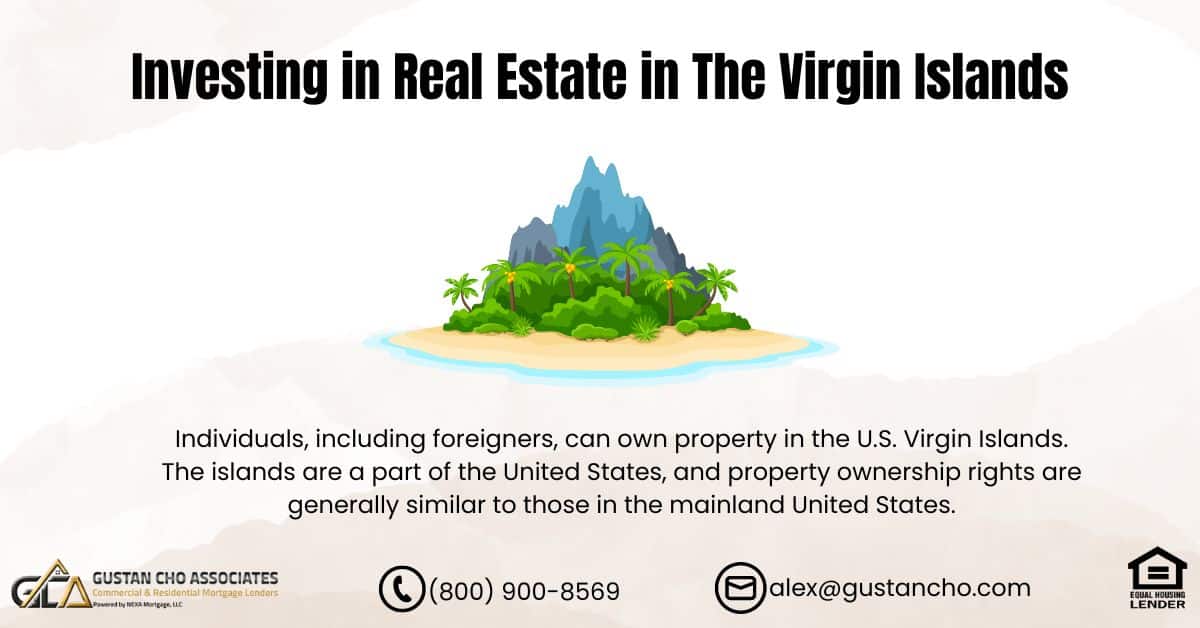The U.S. Virgin Islands (USVI) is a U.S. territory in the Caribbean Sea, east of Puerto Rico. Here are some key points about the USVI:
Geography: It consists of three main islands: St. Croix, St. John, and St. Thomas. Several smaller islands are also part of the territory. Total land area is about 133 square miles
Political Status: Unincorporated territory of the United States. Residents are U.S. citizens but cannot vote in U.S. presidential elections.
Economy: Tourism is the primary economic driver. Other industries include rum production and petroleum refining
Climate: Tropical, with warm temperatures year-round. Hurricane season typically runs from June to November
Population: Approximately 100,000 residents as of 2021 estimates
Culture: A blend of Caribbean, African, and American influences. English is the official language, but Spanish and Creole are also spoken.
Real Estate: Property can be expensive, especially in tourist areas. Non-U.S. citizens can purchase property without restrictions
Taxes: U.S. Virgin Islands residents pay taxes to the USVI government, not the U.S. federal government.
There are some tax incentives for businesses and individuals.
Infrastructure: Modern amenities are available, but some areas may have less reliable utilities than the U.S. mainland.
Lifestyle: Known for beautiful beaches, water sports, and outdoor activities. The generally relaxed pace of life is often calledas “island time.” Suppose you’re considering buying property or moving to the USVI. In that case, it’s important to research specific areas, understand the local laws and regulations, and consider factors like healthcare availability and hurricane preparedness.
Here is a comprehensive article about the U.S. Virgin Islands on Gustan Cho Associates:
https://gustancho.com/THE-VIRGIN-ISLANDS/

